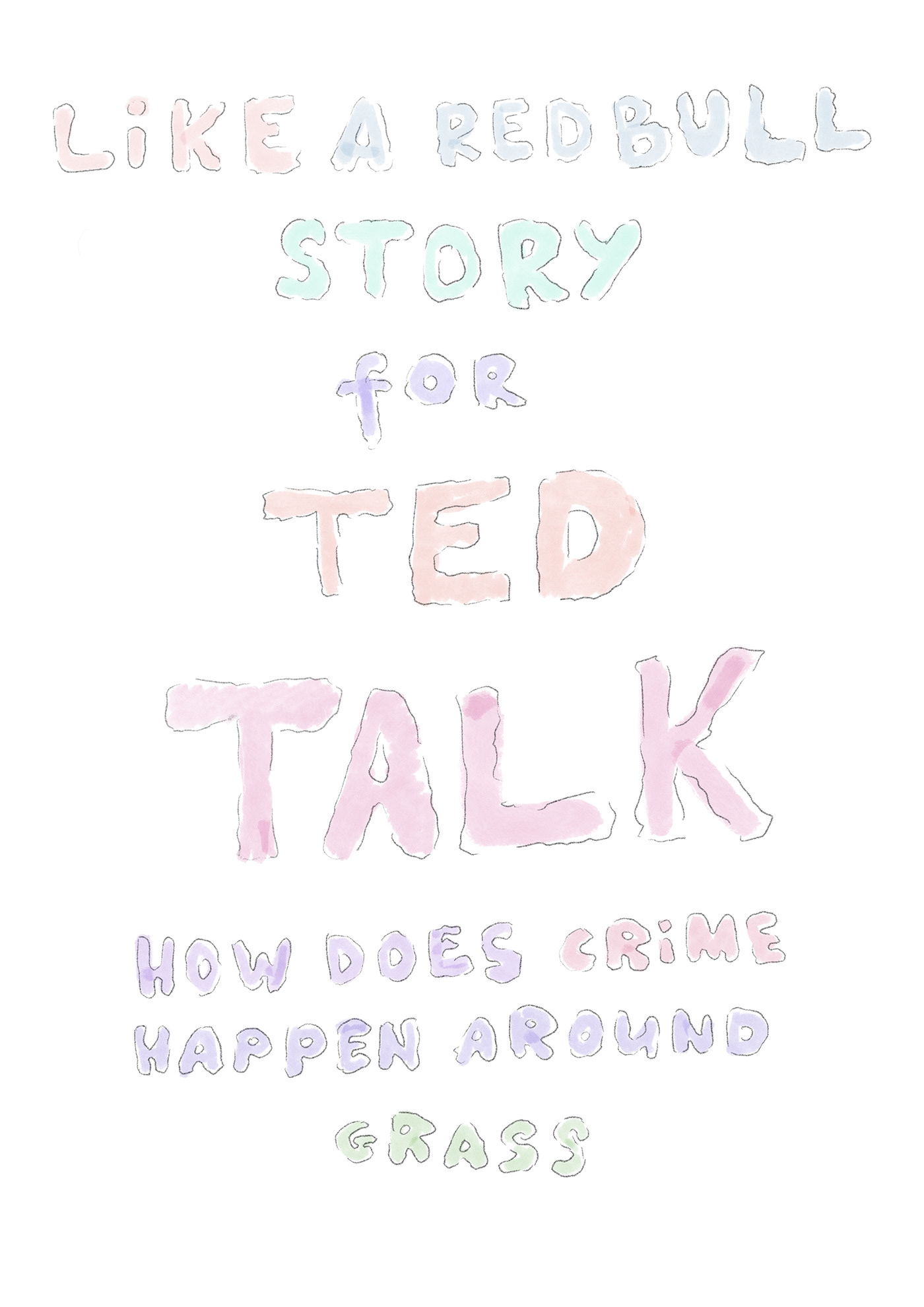
Drug policies based on illegality do not achieve higher prices and thus less use in the way we are made to believe, but are bad policies that create corruption: first through the creation of criminals and then through criminal surpluses: conduction causes convection, so conduction is where we must start, even if convection is sexier, and boggles the mind much more.
Drug illegality is a dysfunctional discourse and a scam. This first talk will be about conduction; about how more and badder criminals than many of us are aware of, are created; criminals that later will be put to terrible use: “terrible”, because the third sort of criminals that illegality creates, the protectors (even if maybe less than a million in total) will not only corrupt the world by taking on, and so spreading, bad values, but also by being instrumental in cornering the market for the drug-lords, but that cornering stuff is in the next part of this series. So, let’s stay with conduction, and look at how these criminals are created.
Andres Laszlo
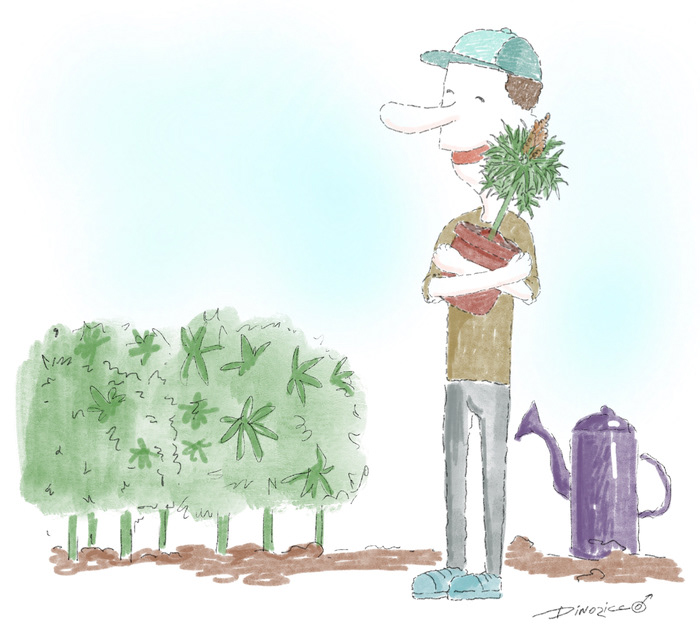
The producer grows or manufactures the drug
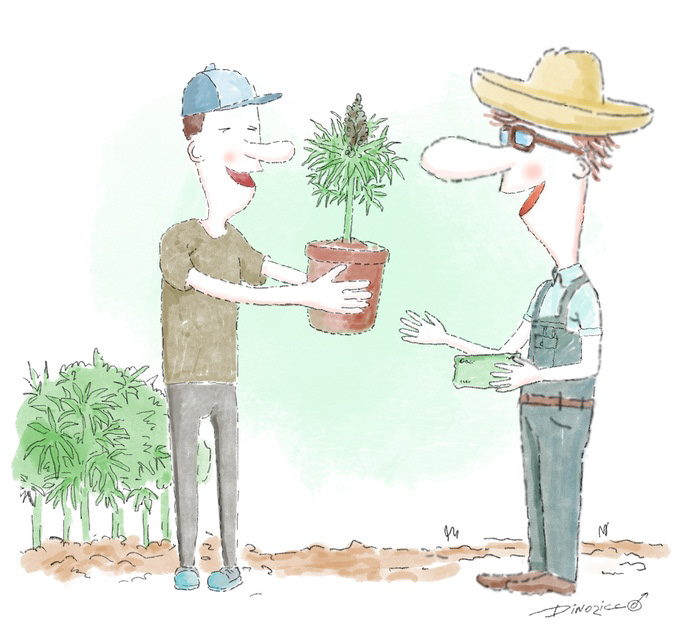
The producer then sells the drug for, let’s say, 1 money to the transporter the “1” doesn’t stand for any particular currency, only as a starting point.
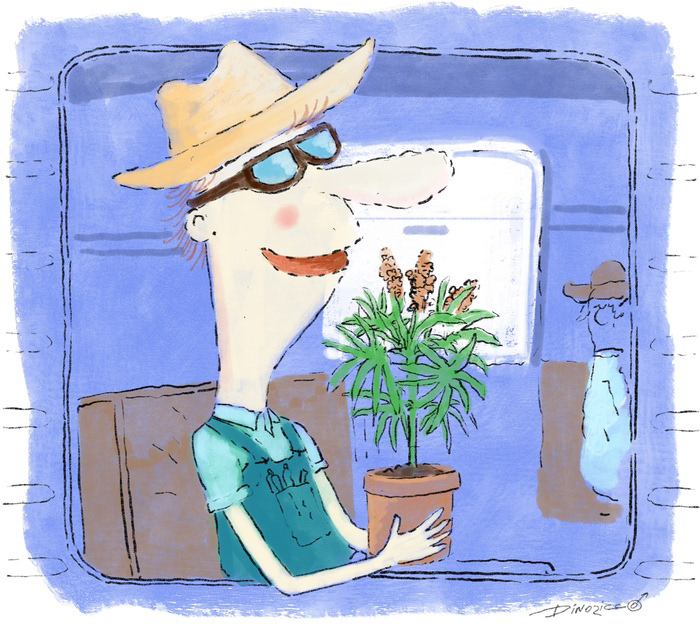
The transporter then transports the drug. There are plenty of different sorts of transporters – from the guy that takes his cupboard-grown weed to sell to his friend in the bar, to submarines full of cocaine going from South to North America..
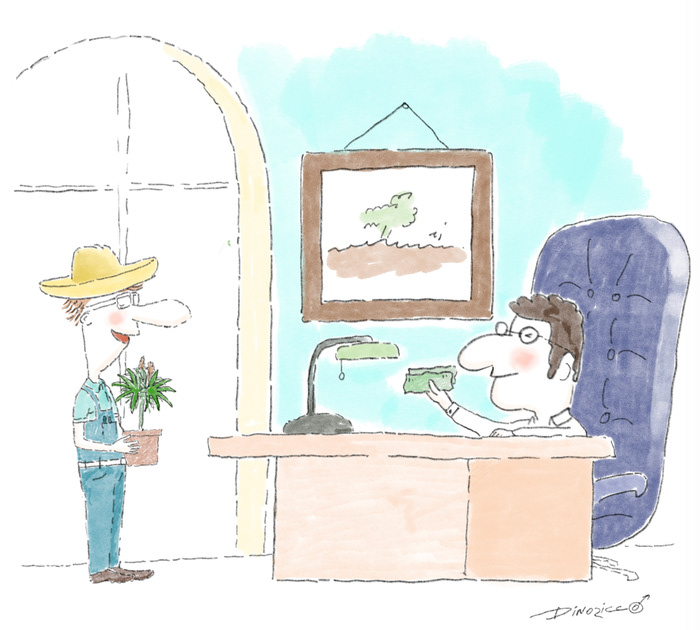
The transporter sells the drug for 2 money to the drug-lord. Well, actually there are drug-lords in every part of the supply chain, but for convenience’ sake, let’s call this last person in the supply chain the “lord”.
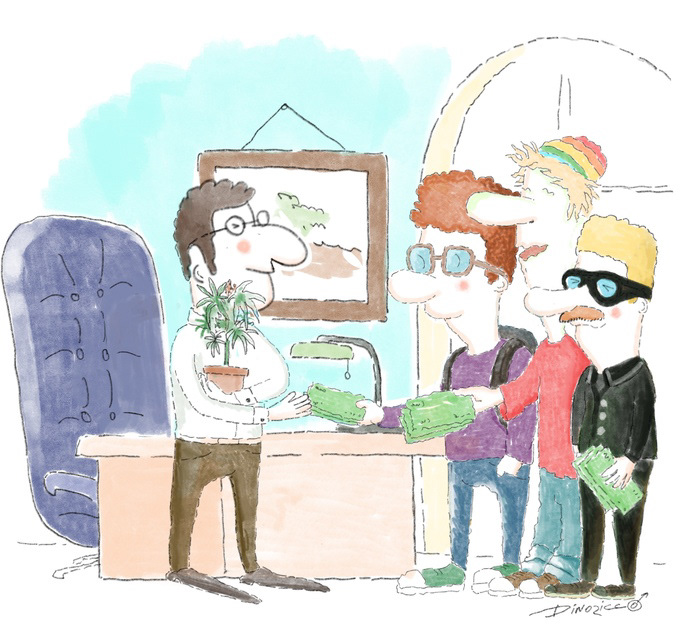
Finally, the drug-lord sells the drug to the customers for 3. The customer isn’t necessarily a consumer, but, much more likely, will be a wholesaler, a distributor or at least a top distributer This is how things worked, or would have worked, without illegality. Competition keeps prices and surpluses down.
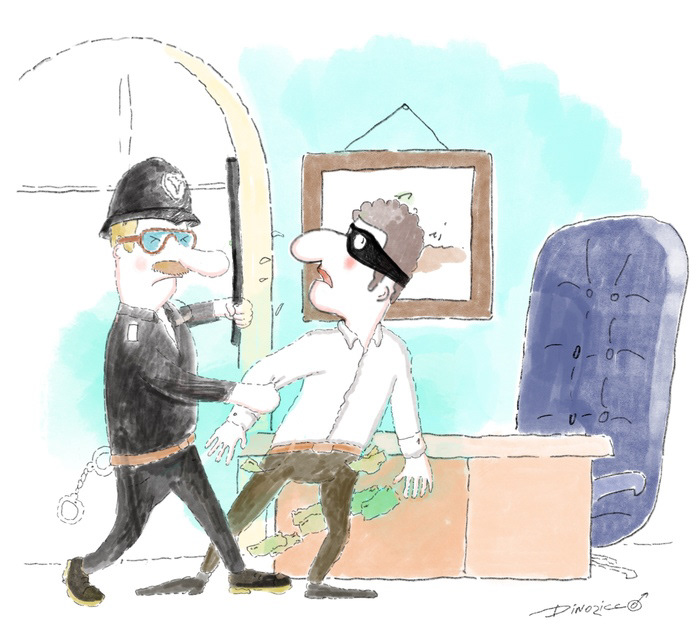
Illegality aims to harass those in the supply-chain, something that requires that those in the chain are criminalized. Illegality, by criminalizing and then harassing those in the supply-chain, wants to make drugs more expensive, with the purpose of causing less use.
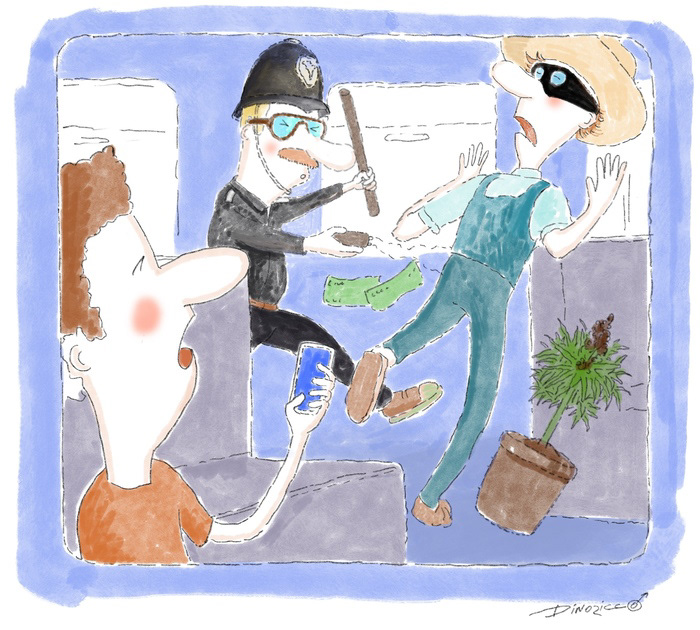
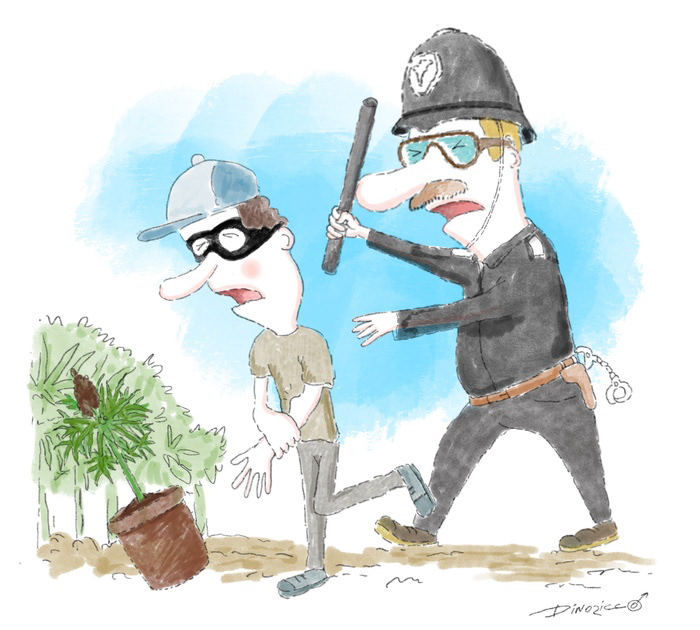
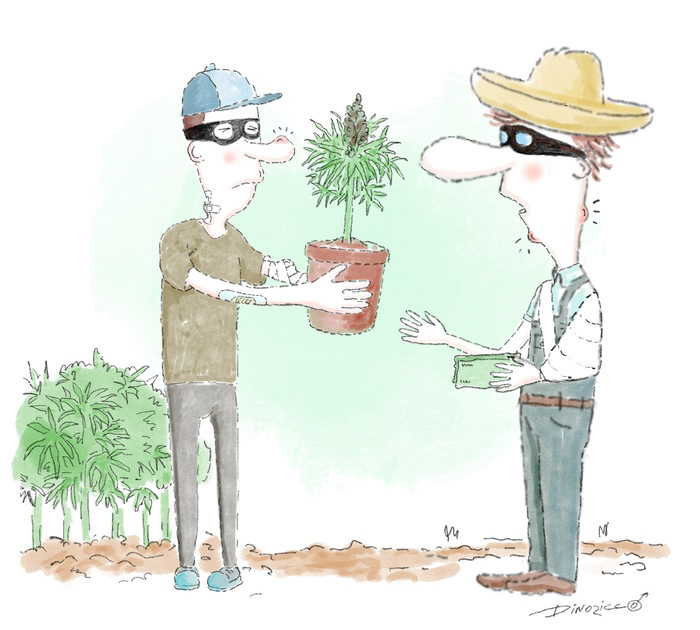
The now criminalized grower will want to be compensated for the harassment suffered and thus will demand a higher price
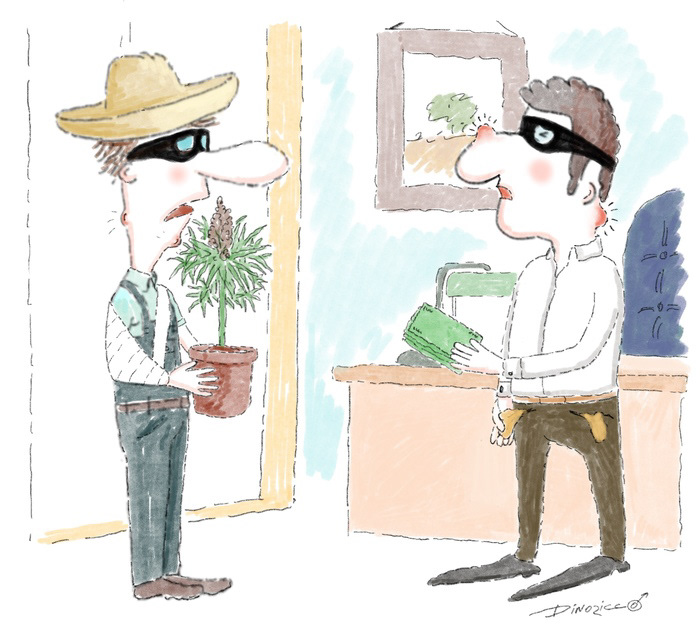
The now criminalized transporter will thus have to pay the grower more, and the transporter too will want to be compensated for harassment suffered
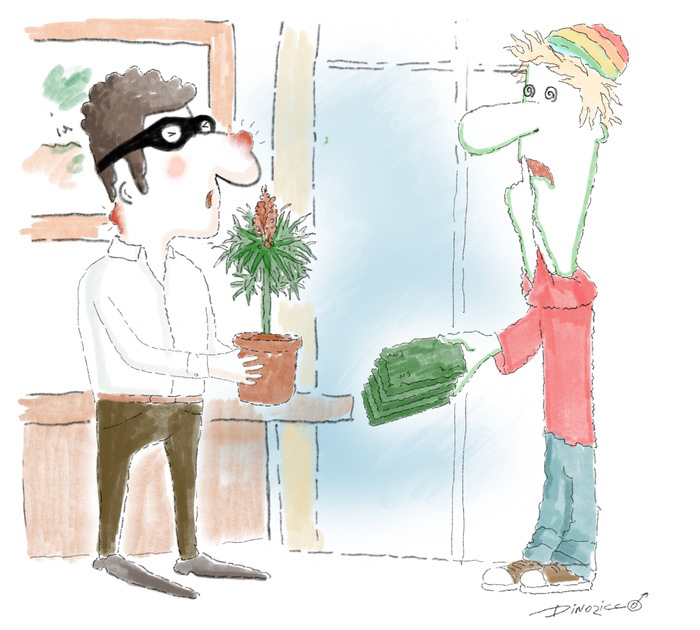
The now criminalized drug-lord will have to pay harassment-compensation to both grower and transporter, and in addition he will want to be compensated for his or her own harassment. This will cause the retail price to increase even further, and the consumer will now be asked to pay a much higher price.
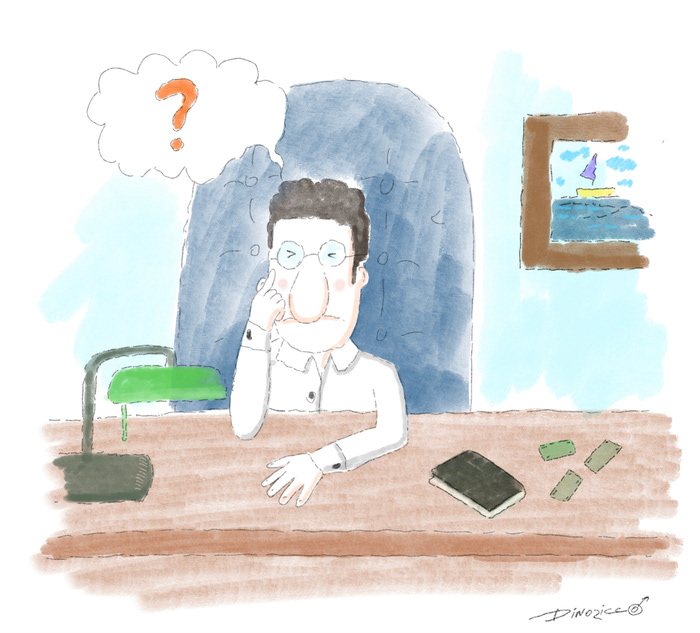
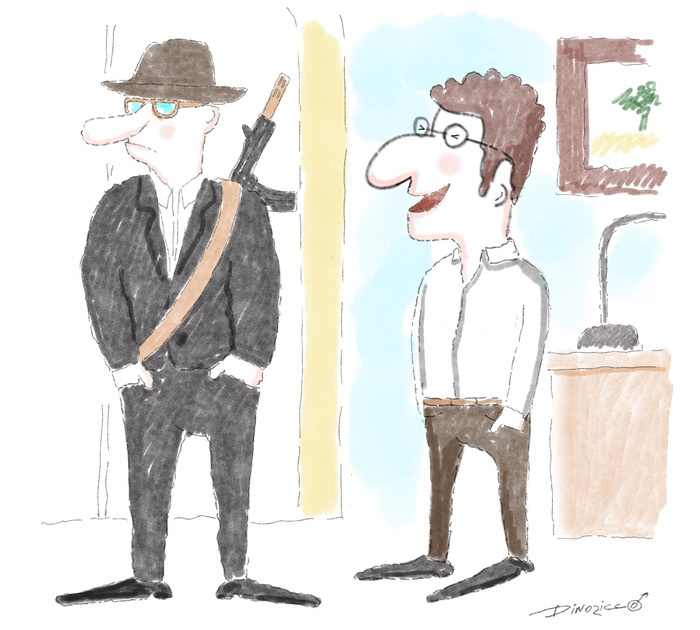
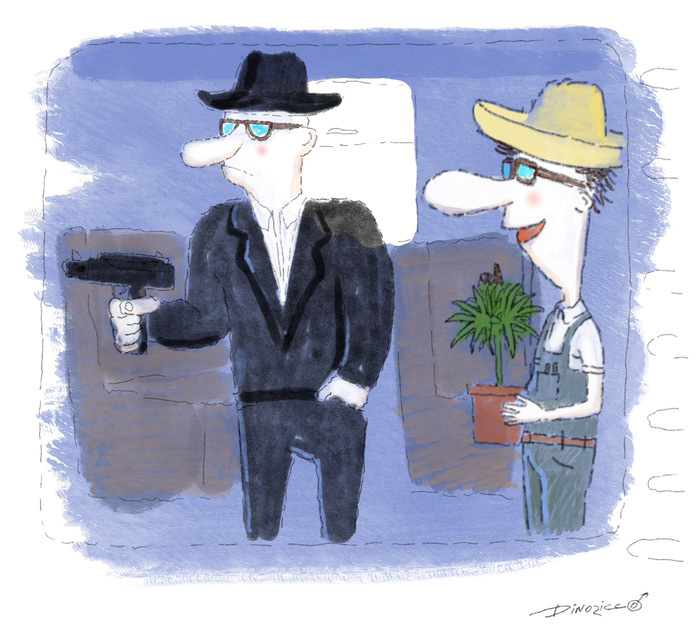

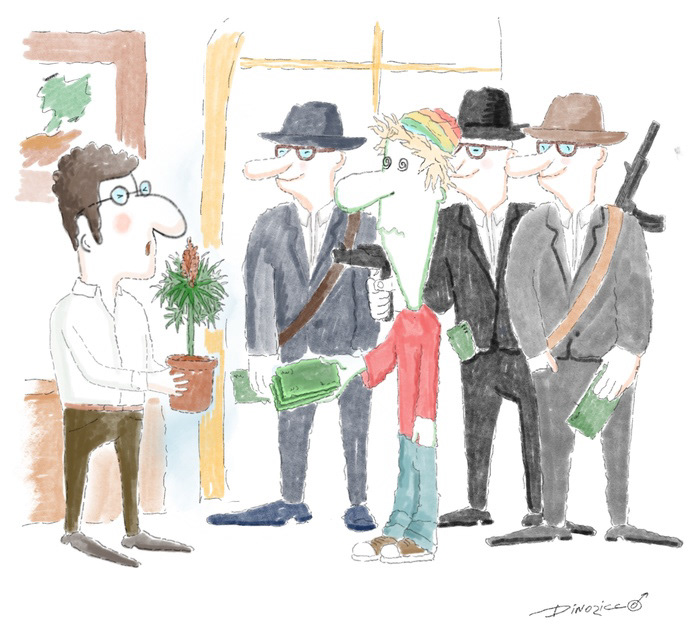

And that, that’s when you get your game-changing idea. This idea is based on the realization that the number of protectors that a drug-lord has at his command will (roughly speaking) correspond to his or her market-share: big market share many protectors, small market share few protectors.

Other drug-lords – lords too big for you to attack - will follow suit, and do away with their neighbouring smaller drug-lords, just like you did, and soon the drug-landscape will become one made up from a small number of big players such as yourself.

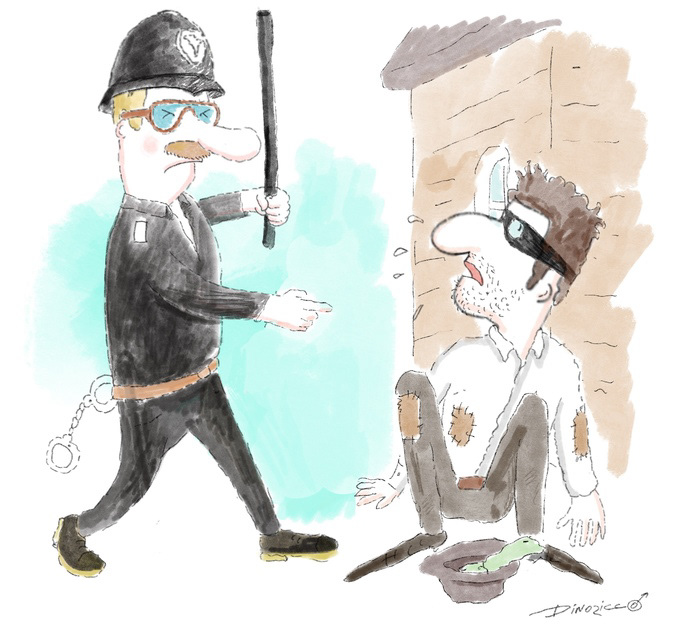
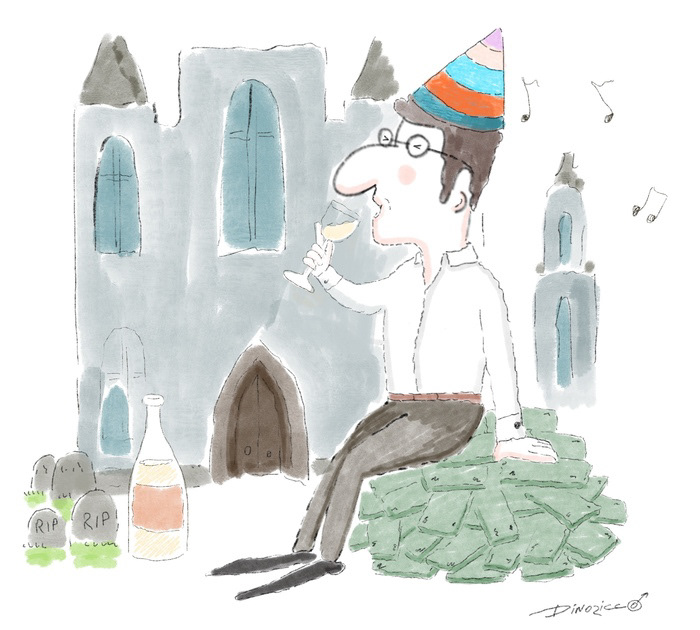
It is a world where the drug-lords – whether growers, refiners, transporters, wholesalers, sellers or something else – are made to create for themselves not only armies of protectors that can be used in all sort of enterprises, but also enormous surpluses.
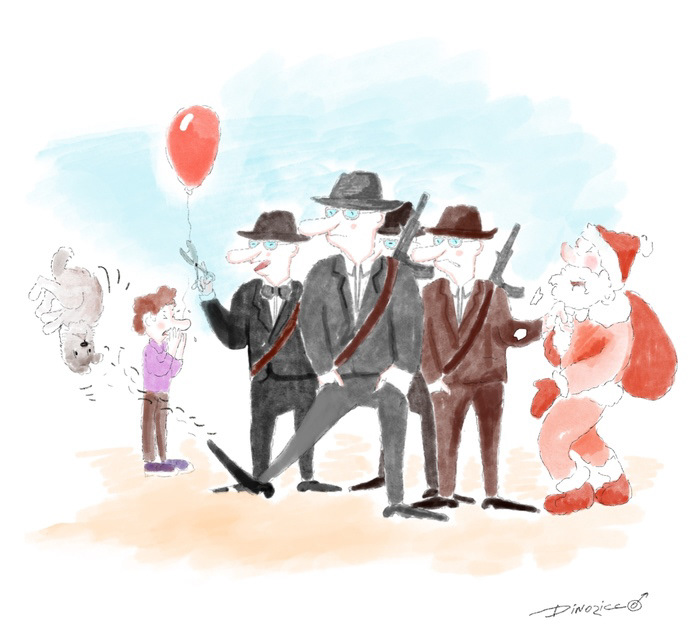
That criminalization creates bad people who in turn spread their badness is neither surprising, nor the only way that illegality corrupts, because the surpluses that illegality has more or less forced upon the drug lords must, or will, be reinvested, and these reinvestments – just as the actions of the criminals themselves, in conduction – will carry their owners bad values
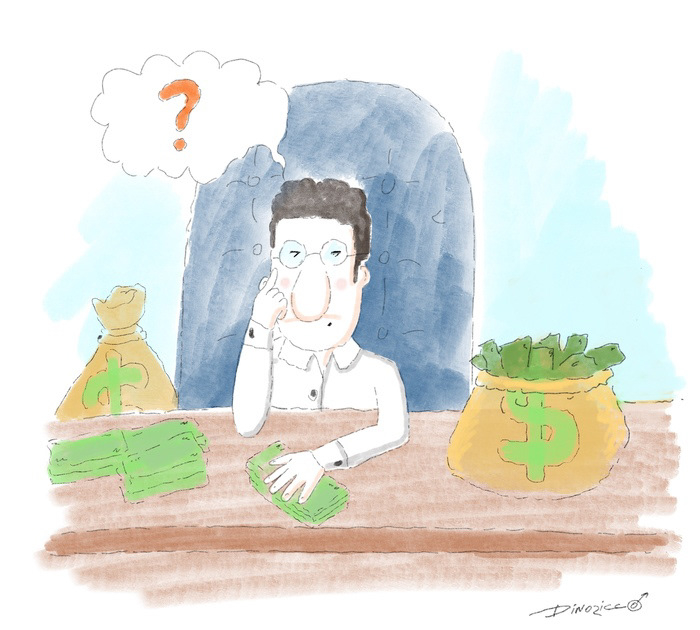
Next on our deep-pocketed drug-lord’s reinvestment list comes the semi-criminal rackets – maybe gambling, restaurants, travel agencies, or branches of our economy that most of us know of – but here too competition is stiff.
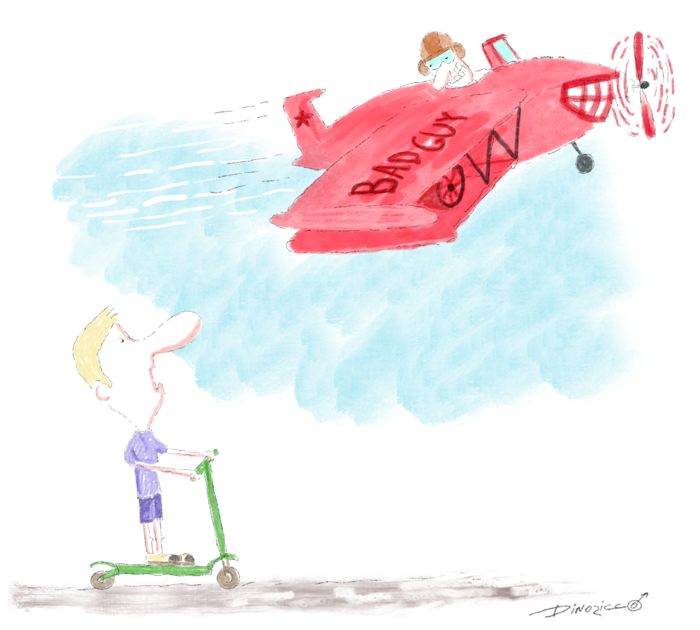
That our drug-lord prefers to use as much as he can of his unlaundered money in dodgy high-return enterprises in which the colour other of his or her money is of no or little importance should not come as a surprise; nor should it come as one – at least not as long as crime-business yields more than non-crime business - that this “first-choice-is-where-black-money-is-ok-rule” will cause the illegal part of the economy to grow disproportionally fast.
Andres Laszlo





